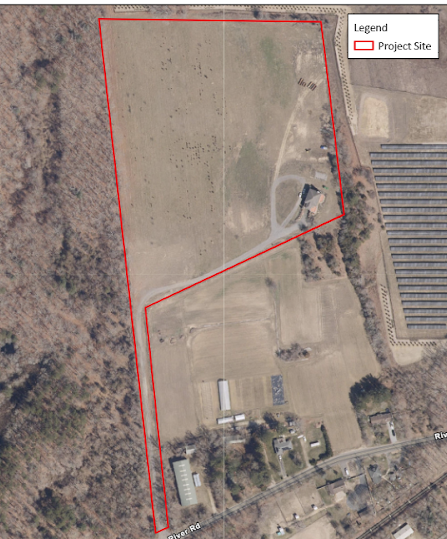Southold Extends Hotel Moratorium Amid Debate Over Tourism, Housing & Community Identity

The Town of Southold’s board voted to extend a hotel moratorium by 12 months on May 28.
The freeze, which also applies to resorts and motels, gives the town more time to evaluate existing zoning laws in the wake of growing tourism and a local housing crunch. The decision was welcomed with open arms and then some by anxious Southolders in attendance.
“People come out here because it’s so different from the rest of the county,” Joanne Lechner said after setting down the baby blue blanket she’d been knitting. “It’s almost like God’s country – you have trees, you have animals,” she said, adding: “If you keep building, building, building, we’ll be like the rest of Suffolk County.”
Implemented in 2024, the moratorium was initially set to end later this year. A few real estate players, however, want an exemption.
Since 2014, The old Capital One Bank has stood empty on Main Road. Its owner, Cardinal Management, a local real estate group partnered with upstate development firm Ward Capital Management, plans to repurpose the vacant property into an 81-room hotel.
The hotel would generate considerable tax revenue and bring flocks of tourists to local businesses, said Chris Kent, the developer’s attorney who was present at the meeting via Zoom.
“To deny this application would be a direct blow to our currently struggling businesses in the community,” agreed Vincent Guastamachi, a Southold resident who also attended virtually.
To Guastamachi, Southold is no longer the essentially agricultural haven described by Lechner. Instead, it’s become a tourist town and Southold’s infrastructure ought to reflect – not reject – the shift.
Even so, the proposed exemption garnered pushback from many attendees. Many maintained that an exception to the moratorium could open the floodgates for more to come.
“If you accept this waiver,” said Lechner, “you’re setting a precedent for everyone else.”
While accepting the exemption is just a prerequisite for debating the project itself, Southolder residents also objected to the hotel’s design during the meeting.
Despite plans for installing solar panels and a state-of-the-art water treatment system, naysayers were quick to raise broad environmental objections in addition to concerns about traffic congestion.
Others rejected the proposed development’s working premise. Rather than hotels, attendees argued that vacant buildings should be repurposed for affordable housing.
“We don’t really need hotels,” said Elizabeth Brittman. “Why does the town have to go with what outside companies think we need when we really know what we need?”
While the town board did not conclude whether to grant the moratorium exemption, they voted to close the matter’s public hearing. Town Supervisor Albert Krupski Jr. ended the hearing by saying “We are considering this seriously.”
The board will continue to discuss the exemption among themselves before they vote at an unspecified date.








